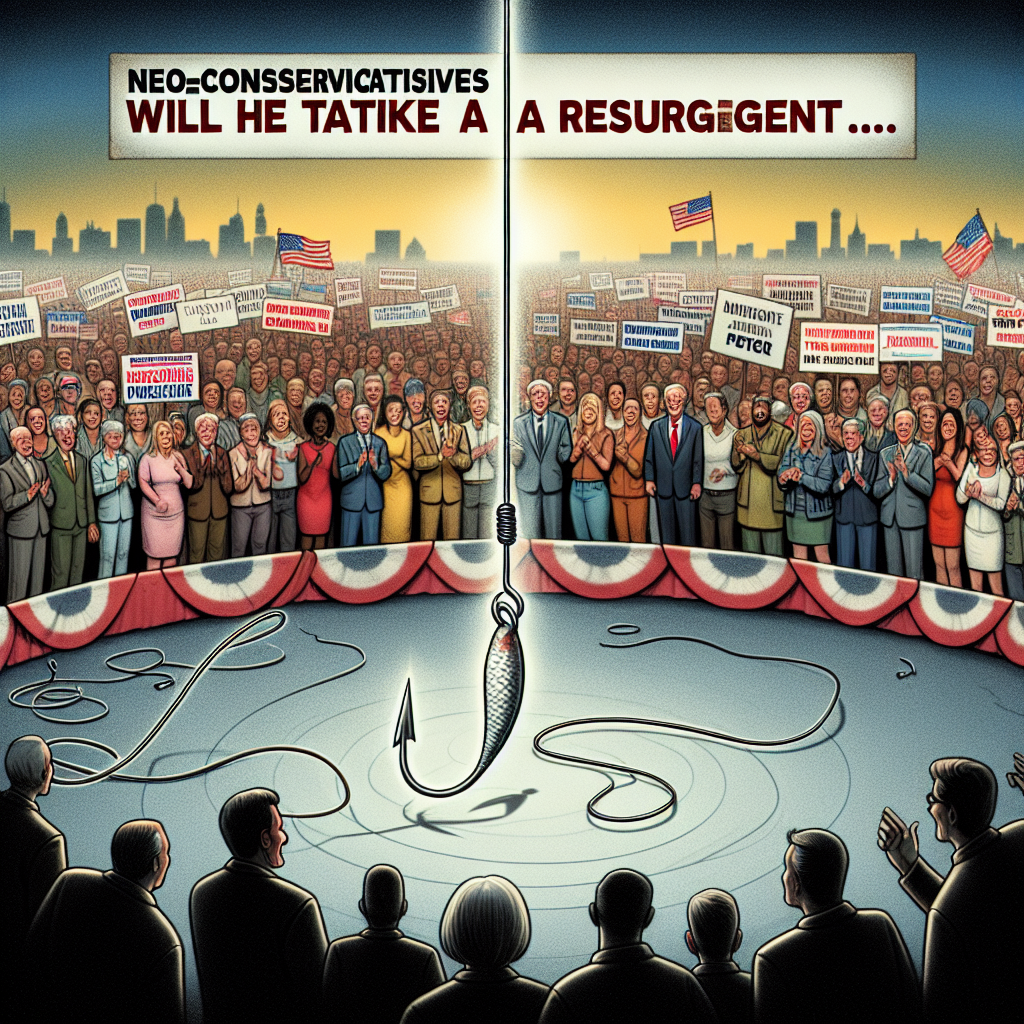The recent news surrounding Nikki Haley’s potential role in Donald Trump’s campaign has sparked considerable debate among those who once harbored cautious optimism about a Trump 2.0 presidency. Dubbed “Neocon Nikki” Haley by her critics, her past adversarial relationship with Trump — marked by his derogatory nickname for her and her harsh criticisms of him — raises questions about the likelihood of personnel changes in a future Trump administration compared to the tumultuous first term. Haley has previously characterized Trump as “unhinged” and “toxic,” even embroiling herself in the controversial “Russiagate” narrative, which accused Trump of being overly lenient towards Russian President Vladimir Putin.
Adding to the skepticism regarding Haley’s return to Trump’s orbit is the observation made by Donald Trump Jr., who jokingly suggested that she is a product of neoconservative experimentation. This sentiment reflects a broader concern that, despite Haley’s past criticisms, neoconservatives are adept at political maneuvering, ensuring their influence remains intact regardless of electoral outcomes. The loyalty of neocon heavyweights, such as Bill Kristol and Liz Cheney, to other candidates, showcases their adaptability in a shifting political landscape.
Historically, Trump has distanced himself from many of his former key appointees, including figures like John Bolton and Mike Pence, who he has publicly criticized post-presidency. The untrustworthiness of his previous team has contributed to a prevailing uncertainty about who might fill key roles in a potential second administration. Interestingly, Politico, a publication often seen as critical of Trump, recently speculated on who could feature in a Trump 2.0 Cabinet. Such speculative pieces prompt readers to question the motivations behind the information provided and whether it serves to inform or mislead the public.
In its speculation, Politico offered names closely aligned with neoconservative politics for critical positions. For Secretary of State, figures like Ric Grenell and Marco Rubio were mentioned, alongside Robert O’Brien. Similarly, potential candidates for Defense Secretary included Tom Cotton and Mike Pompeo, highlighting consistent trends within Trump’s political ecosystem affecting his governance philosophy. The strong history of neocon involvement raises legitimate concerns regarding the continuation of the same political ideologies that have led to failures in foreign affairs over the last two decades, from the post-9/11 response to the Iraq War and subsequent foreign policy misadventures.
As neoconservatives begin to return to Trump’s political sphere, it remains to be seen how this could influence the administration’s future actions. Although they might present themselves as experts promising strategic insights, their track record suggests a history of poor outcomes in U.S. foreign policy. The increasing presence of these individuals could signify a continuity of ineffective approaches rather than a substantive shift toward more responsible governance. Their resurrection is a cause for concern, particularly for those who hoped for a dramatic departure from past policies that exacerbated international tensions.
Ultimately, the question remains whether Trump will embrace these returning neoconservatives or instead use this opportunity to redefine his approach to leadership by excluding them from pivotal roles. The hope is that a Trump 2.0 could be an administration that distances itself from past mistakes and prioritizes a more restrained and thoughtful foreign policy. The overall sentiment among critics and observers points toward a desire for Trump to sideline figures like Haley and others from the neoconservative establishment, reflecting a broader appetite for change that contrasts with the recurring patterns seen in U.S. political history.

